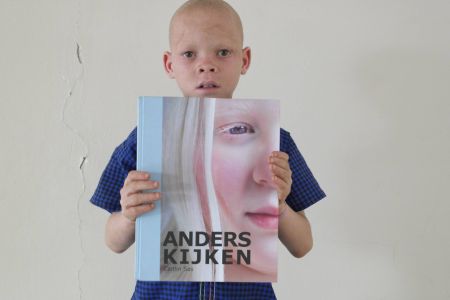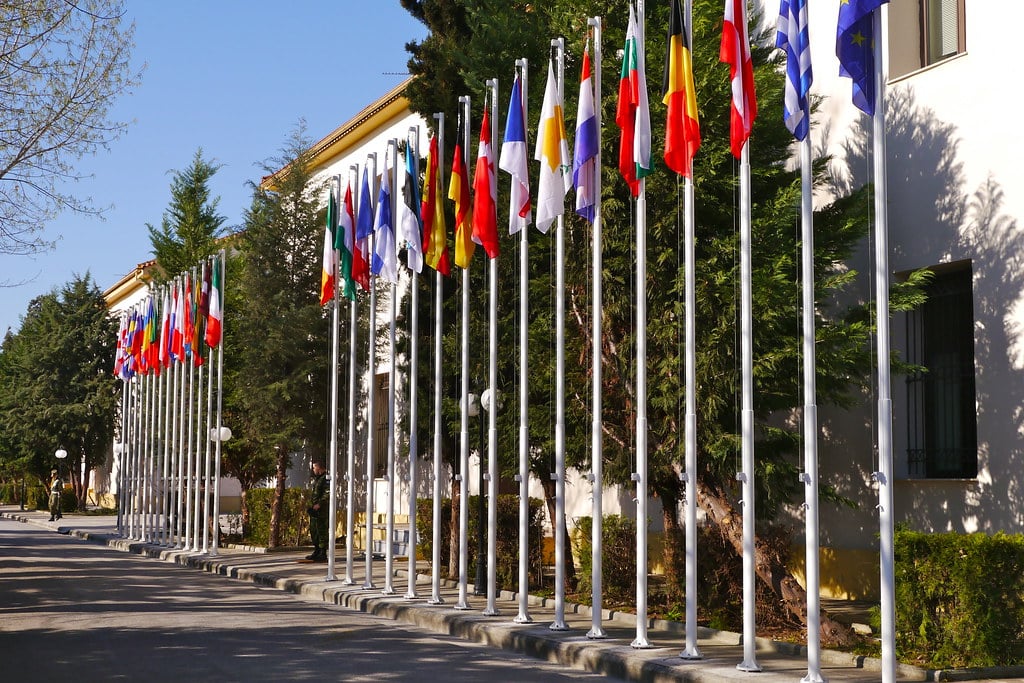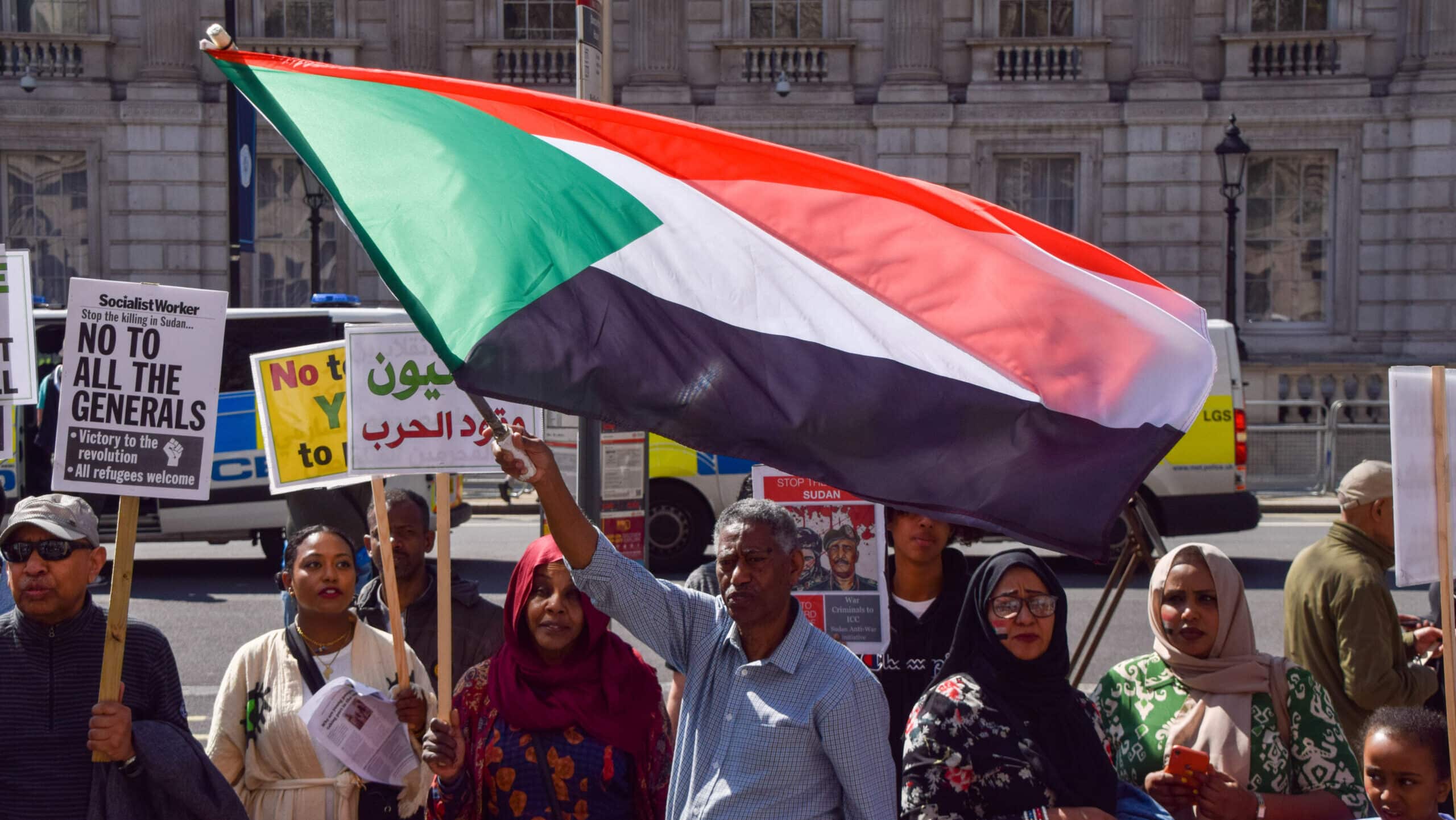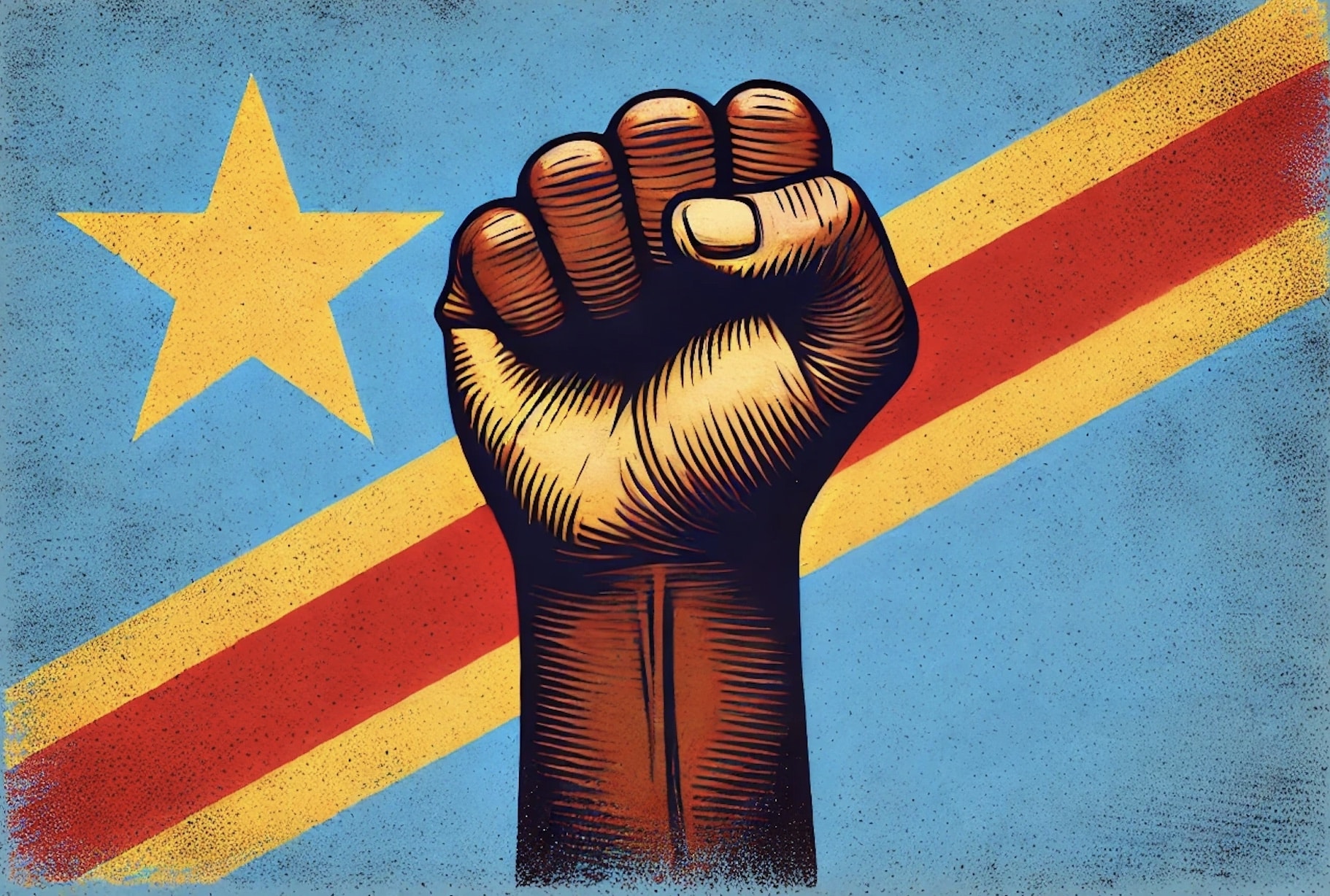Are you aware of the norm? Are you aware through whose eyes you are looking? And who you are including and excluding with this gaze?
Some questions for critical reflection and introduction to a project that aims to change the cultural normative gaze through positive attention to the Other.
Miss & Mister Albinism
In December 2017, the first Miss & Mister Albinism pageant took place in Tanzania with the theme 'Out of the shadow/Into the light'. Initiators of the event were Dutch artist BOTHINGNESS and Tanzanian human rights organisation NELICO.
The event was part of a 3-year Albinism Inclusion (ALINC) programme; a collaboration between the Liliane Fund, Human Rights Watch and the National Postcode Lottery.
In Tanzania, the Other, in this case the white albino, is still excluded and marginalised. Factors affecting the cultural view of albinism in Africa are ignorance and magical belief, which together not only dehumanise people with albinism but also view him/her as an object that could bring happiness and prosperity to the possessor. In recent years, much has been done in Africa in terms of education about albinism to humanise people with albinism. As a result of these efforts, the community has become more informed about the condition of albinism and the African albino is increasingly seen as a human being.
A still marginalised human being admittedly. People with albinism are still not seen as fully-fledged. Their capacity to function is rated low and their chances of participating in society are thus reduced. Which perpetuates the social conclusion of people with albinism in Africa.
The Miss & Mister Albinism event provided an impetus in focusing attention not only on reducing negative perceptions but also on accentuating and creating positive ones. Like any emancipation and development process, paying attention to both sides is important to move forward. During the event, the focus was on highlighting the positive sides of people with albinism; their beauty, talent and capacity. With an intended effect of human dignity recognised by themselves and the community.
The project targeting people with albinism in Africa may seem like a distant concept. However, even closer to home, it appears that the boundary between self and other, norm and what falls outside it, is conservative and marginalising. And that dealing with the Other, as a result, leads to difficulties. Dealing with the Other globally and individually is perhaps the challenge and vocation of the 21st century.
Can you manage to see beyond the border?Can you manage to otherwise to look at the Other?
Bo Jobse
Photo: Bo Jobse





